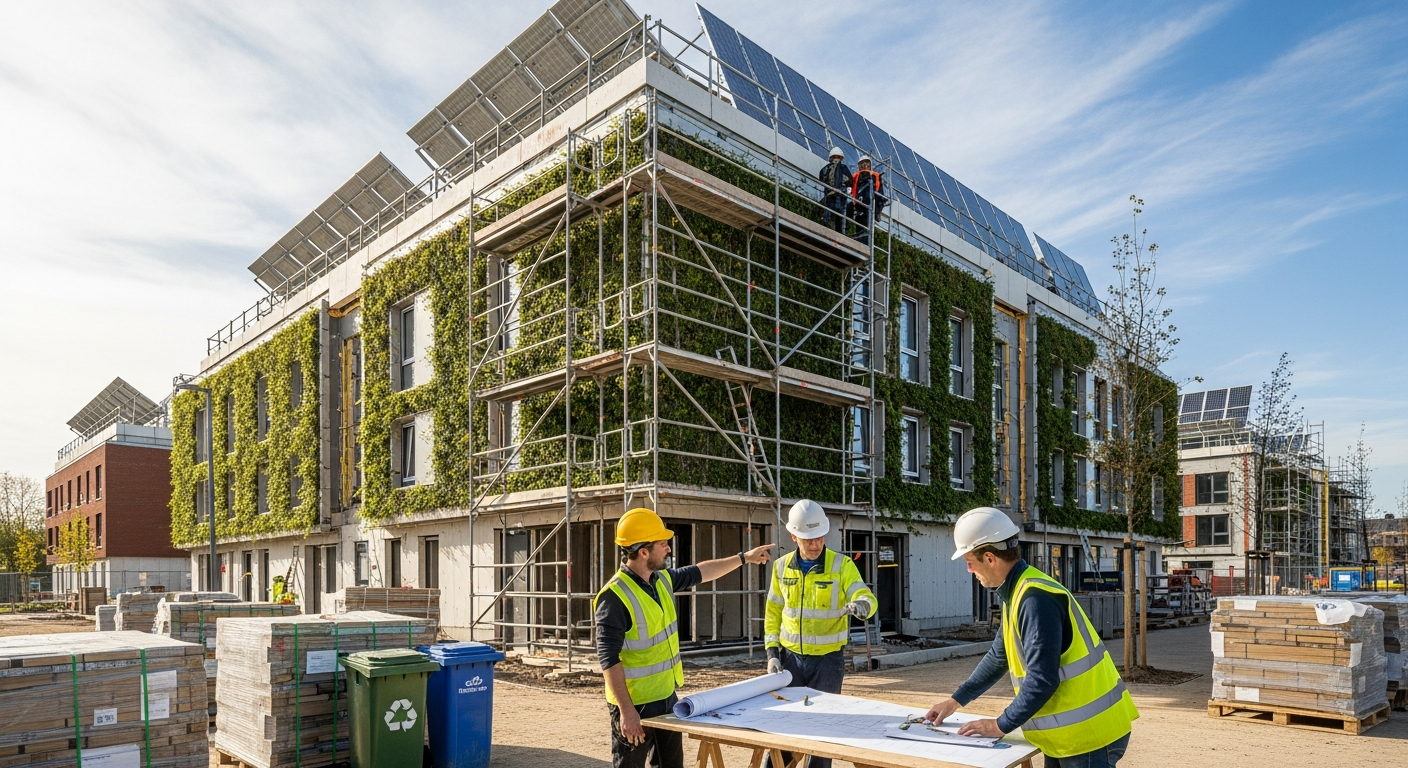The Legal Landscape of Smart City Governance
Introduction: As urban centers evolve into smart cities, a complex web of legal challenges emerges. This article delves into the intricate legal framework surrounding smart city governance, exploring the intersection of technology, privacy, and municipal law. From data protection to liability issues, we examine the key legal considerations shaping the future of our urban environments.

Data Protection and Privacy in Smart Urban Environments
One of the most pressing legal challenges in smart city governance is the protection of citizen data. As sensors and cameras collect vast amounts of information, from traffic patterns to energy consumption, the line between public good and individual privacy becomes increasingly blurred. Many jurisdictions are grappling with how to apply existing data protection laws, such as the General Data Protection Regulation (GDPR) in Europe, to the smart city context. New legislation is emerging to address the unique challenges posed by ubiquitous data collection in urban spaces, focusing on principles of data minimization, purpose limitation, and transparency.
Liability and Responsibility in Automated Systems
As cities adopt automated systems for traffic management, waste collection, and other municipal services, questions of liability become more complex. When accidents or errors occur, determining responsibility between city authorities, technology providers, and citizens is a legal minefield. Courts are beginning to grapple with cases involving autonomous vehicles and AI-driven decision-making systems, setting precedents that will shape the legal landscape of smart city governance for years to come. The concept of algorithmic accountability is gaining traction, with calls for greater transparency and explainability in automated urban systems.
Cybersecurity and Critical Infrastructure Protection
The interconnected nature of smart city systems creates new vulnerabilities to cyber attacks. Legal frameworks are evolving to address the heightened risks to critical infrastructure, such as power grids and water supply systems. Legislators are working to define legal standards for cybersecurity in smart cities, including mandatory incident reporting, regular security audits, and penalties for non-compliance. The challenge lies in balancing the need for robust security measures with the drive for innovation and efficiency in urban management.
Inclusivity and Equal Access in Digital Urban Spaces
Smart city initiatives raise important legal questions about digital inclusion and equal access to services. As more municipal services move online or require digital literacy, there is a risk of exacerbating existing inequalities. Legal frameworks are being developed to ensure that smart city technologies do not discriminate against certain populations, such as the elderly or those with disabilities. Some jurisdictions are considering “right to internet” laws and mandating accessibility standards for digital urban services to promote inclusivity in the smart city era.
Interoperability and Standards in Smart City Technology
The legal landscape of smart cities is also grappling with issues of interoperability and standardization. As cities adopt technologies from various providers, ensuring these systems can communicate and work together seamlessly becomes crucial. Legal frameworks are emerging to mandate open standards and interoperability requirements, aiming to prevent vendor lock-in and promote competition. These laws also seek to facilitate data sharing between different city departments and even between neighboring municipalities, while still maintaining strict data protection standards.
Conclusion
The legal challenges surrounding smart city governance are as complex as they are numerous. As urban centers continue to embrace digital transformation, the legal framework must evolve to balance innovation with citizen rights, security with accessibility, and efficiency with equity. The coming years will likely see the emergence of specialized smart city legislation, as lawmakers and courts navigate the uncharted waters of our increasingly connected urban future. For legal professionals, policymakers, and city planners alike, staying abreast of these developments will be crucial in shaping the smart cities of tomorrow.






